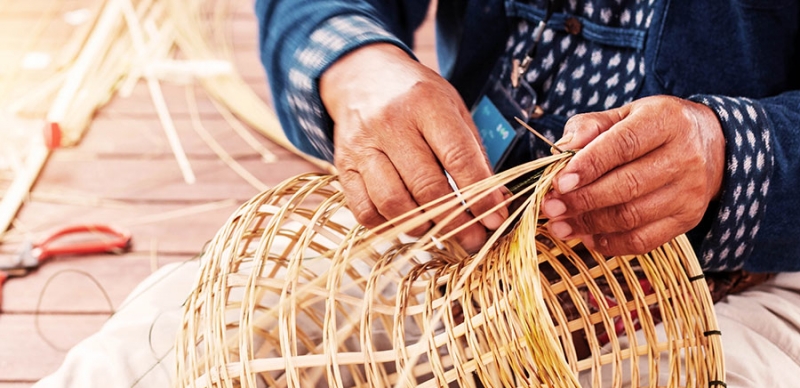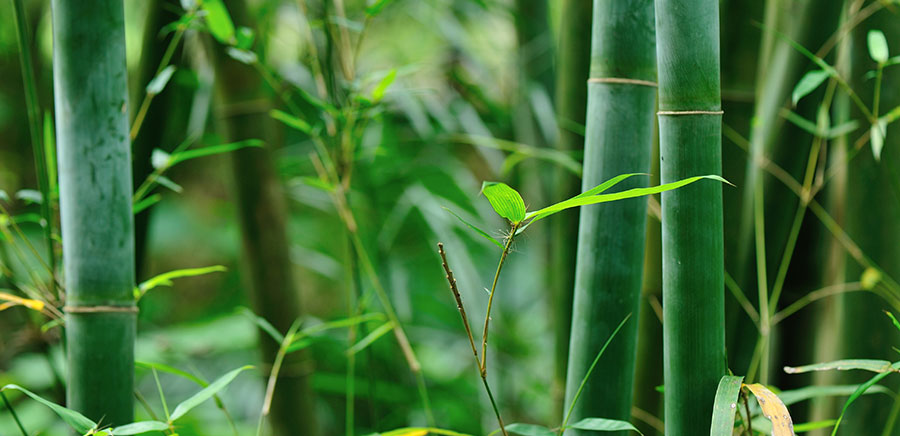The last One Decade of REDD and REDD+ advancement have actually revealed that the rate credited to and the desire to spend for forest based environment services, whether through compliance or a voluntary plans, is not likely to ever take on the marketplace cost for wood and fiber that originates from the logging and destruction of the world’s staying natural forests.
Although job level advantages might be substantial, so long as need continues and a growing market supplies appealing returns on the harvesting of natural forests, leak is unavoidable, and really measurable REDD+ in lots of countries will certainly be difficult to attain. The mathematics is easy: plantation forests still provide just a portion of our fuel and fiber requirements, and without an option, at the international scale the deterioration will certainly continue, although the real area might move. For that reason attending to the motorists of logging, a facility on which REDD was developed, through the arrangement of long and sustainable term options is vital.
United States based EcoPlanet Bamboo is industrializing bamboo, produced under rigid methods and treatments and established around a structure of favorable social and ecological effect as an economic sector system that has the prospective to contribute to dealing with a significant motorist of logging, regrow fragmented forest environments and bring back environment functions. Through such a system, and through the arrangement of accredited bamboo fiber to markets that presently drive logging, commercially produced bamboo can be one piece of the puzzle in moving the REDD+ program forward, all while sequestering and saving considerable volumes of climatic CO2.
Our supreme objective is to attend to the basic supply and need for wood and fiber within a concrete timeframe and under a structure that this “alternative” fiber is produced just in a manner that fulfills market need, without an associated ecological expense, an economic sector and financially practical option to the world’s requirement for fiber. Such fiber is made use of in everything, from every day customer products such as toilet kitchen area, tissue and paper paper, to clothes and fabrics, to crafted lumber for building, real estate and furnishings, to charcoal and other fuel items.
Environmentally speaking, the 1,200 plus types of bamboo are part of the lawn household however the biomass the plant produces is a wood like fiber, with homes that mirror image those of lots of conventional wood types, from woods to softwoods. Like any other crop being produced commercially, bamboo needs a rigid management routine, and lots of inputs.
In the context of REDD+, bamboo’s biggest benefit in addition to being an alternative fiber for lumber reliant markets, is its capability to be grown on marginal and abject land, hence not taking on food security, and produce a large volume of fiber on a yearly basis, without the requirement for replanting. For that reason not just does its production supply a fiber that lowers pressure on natural forests, whether that represents fiber to change kraft pulp presently utilized in toilet tissue and sourced from old development boreal forests in Canada and Russia, to fiber that can change liquefying pulp for fabrics and clothes which is presently sourced from the cleaning of main tropical forests in Indonesia and somewhere else, however it can be an important device for effective remediation, especially if native types are grown.
Within a 6-8 year duration, depending upon the levels of destruction, and the capability to carry out a set and comprehend of distinct methods, bamboo produces a long-term and constant canopy cover, its strong root system separates compressed soil and offers water filtering advantages, recovering water tables and handling water cycles, boost natural soil carbon and nutrient levels, and as EcoPlanet Bamboo’s VCS verified and confirmed tasks in Nicaragua have actually revealed, can sequester and accumulate to 800 lots of CO2e per hectare.
Measurable carbon (whether as a REDD+ effort or as an uncomplicated Afforestation/Reforestation job), social and biodiversity effects are a requirements for the business’s jobs, as is Forest Stewardship Council (FSC) accreditation for the sustainable management of the bamboo resource itself. If done properly, and this structure adhered to as jobs enhance in scale and scope, bamboo might show to be a genuinely financially feasible system to attained the core elements of REDD+.








